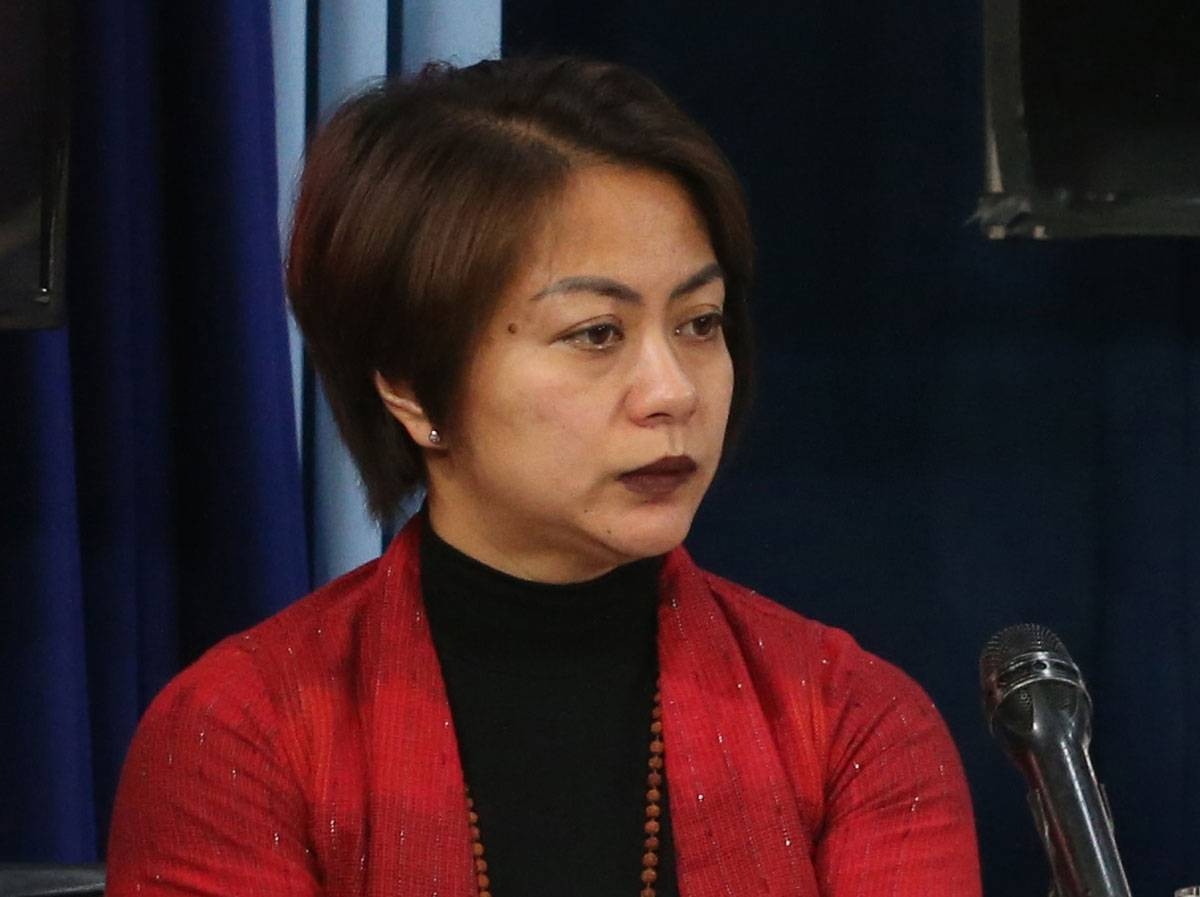The Department of Social Welfare and Development (DSWD) has been working closely with local government units (LGUs) to implement the Supplementary Feeding Program (SFP) as part of the government’s Early Childhood Care and Development (ECCD) program and Republic Act 11037, also known as the “Masustansyang Pagkain para sa Batang Pilipino Act.”
The primary objective of the SFP is to improve the nutritional condition of young Filipino children through the development of community-based feeding programs. By collaborating with national agencies, LGUs, and development partners, the DSWD aims to realize the vision of a hunger-free Philippines set forth by the Marcos administration.
The SFP specifically targets children between the ages of 2 to 4 who are enrolled in supervised neighborhood play (SNP) and children between the ages of 3 to 5 who are enrolled in child development centers (CDCs). These children receive supplementary meals that complement their regular diet.
During the 12th cycle of the SFP, which took place from the school year 2022 to 2023, close to two million children received at least one fortified meal for a minimum of 120 days. This demonstrates the program’s significant impact in providing nutritious meals to children in need.
In the 13th cycle, which began in August 2023, the SFP reached 864,998 children beneficiaries across the country. These meals consisted of indigenous and/or locally produced foods, contributing to one-third of the Recommended Energy and Nutrient Intake (RENI).
To further address the nutritional needs of children, the DSWD is also scaling up its pilot implementation of the Walang Gutom 2027: Food Stamp Program (FSP) in the first half of this year. This program aims to provide additional support to vulnerable families and ensure that children have access to adequate and nutritious food.
In addition to the SFP, the DSWD launched the Bangsamoro Umpungan sa Nutrisyon (BangUN) Project in the Bangsamoro Autonomous Region in Muslim Mindanao (BARMM). This project specifically targets the high rate of hunger and malnutrition among children in BARMM and provides healthcare services to pregnant and lactating mothers.
In 2023, the BangUN project successfully reached 3,133 pregnant and nursing mothers, as well as 18,867 children, providing them with the necessary support to improve their health and nutrition.
The efforts of the DSWD, in collaboration with LGUs and various partners, demonstrate a commitment to improving child nutrition in the Philippines. By implementing community-based feeding programs, providing fortified meals, and scaling up initiatives like the Food Stamp Program, the DSWD is making significant strides towards a hunger-free future for Filipino children.
It is crucial for the government and various stakeholders to continue working together to address the underlying causes of malnutrition and ensure that all children have access to nutritious meals. By investing in the well-being of the younger generation, we can create a healthier and more prosperous future for the Philippines.
Source: The Manila Times







